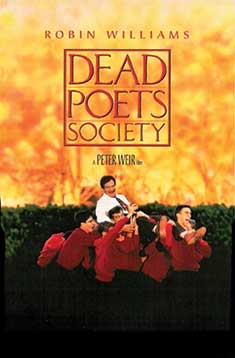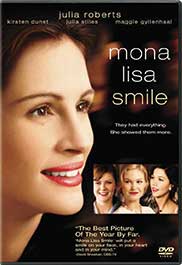Girija Uday Kumar
That the School is a microcosm, reflecting society and its mores, and often is the child’s first contact with the external world is overlooked. It is a place that helps the child make sense of the world. It is also a space where the child encounters bullies, learns to make friends, and enters the impersonal, increasingly mechanical, uncompromising world of regimentation, competition, grading, and ‘subjects’ that are unfortunately seldom exciting or intellectually stimulating. This is in sharp contrast to the loving, open, non-judgmental and inclusive environment at home.
 The human brain is uniquely suited to and designed for learning – something that happens naturally throughout life and through life. It is increasingly evident that learning does not happen in compartments. Life provides us with a smorgasbord of delectable and not so delectable experiences all at once irrespective of age, gender, etc. It teaches us through situations, through our reactions to them, through our relationships with each other and the world around us. In light of this, one has to keep in mind that division of time into periods and knowledge into subjects is an artificial construct and not necessarily conducive to learning.
The human brain is uniquely suited to and designed for learning – something that happens naturally throughout life and through life. It is increasingly evident that learning does not happen in compartments. Life provides us with a smorgasbord of delectable and not so delectable experiences all at once irrespective of age, gender, etc. It teaches us through situations, through our reactions to them, through our relationships with each other and the world around us. In light of this, one has to keep in mind that division of time into periods and knowledge into subjects is an artificial construct and not necessarily conducive to learning.
Bridging the gap between subjects, between teacher and taught and nurturing an enquiring mind improves the quality of education. Walking students through the lives of artists, mathematicians, scientists, writers, poets, explorers, etc., instead of encouraging memorization of sterile facts leads to education that lasts. Our duty is not merely to train students to follow directions and tread efficiently on a beaten track, but to have them eventually launch into investigations and journeys of their own, fearlessly.
A teacher ignites curiosity when he/she allows children to play with numbers, explore connections between beauty and fractals, discuss varied cultures, the effect of wars on the environment, learn about our association with astronomy, the effects of dams on the displaced. Only a teacher can help children be unafraid to ask questions, look within to touch the peace of silence, to empathize.
Only a teacher can teach them to be honest, kind and compassionate, to accept failure as an inevitable part of every endeavour, to accept oneself as one is, to observe life with an unbiased view and to know that differences enrich us like the flowers in a garden.
 Bridging subjects stimulates creativity, making learning exciting. Boundaries, on the contrary, tend to stultify the process. We need to talk to and collaborate with teachers of subjects other than our own, learn to quote poetry in a mathematics class or link it with music. We need to constantly connect ‘disparate’ fields like biology and social sciences or a child’s mother tongue and Hindi.
Bridging subjects stimulates creativity, making learning exciting. Boundaries, on the contrary, tend to stultify the process. We need to talk to and collaborate with teachers of subjects other than our own, learn to quote poetry in a mathematics class or link it with music. We need to constantly connect ‘disparate’ fields like biology and social sciences or a child’s mother tongue and Hindi.
As a teacher, one needs to equip oneself for such a syncretic approach in the classroom and one of the sources I personally found very useful was the humble newspaper. It is easily accessible, has eye-catching headlines, and lots of general text with pictures that can be easily incorporated into any subject for any age-group. Even stark tales of avalanches, farmer suicides or earthquakes can turn into lessons spanning varied disciplines.
The performing arts, cinema too, are great sources for cross pollination of ideas – two movies stand out where teaching is concerned and I found that the messages in both resonated with me: Dead Poets Society and Mona Lisa Smile. In the former, the teacher, encourages students to follow the dictum, Carpe Diem or ‘Seize the day’ and make their lives extraordinary by charting their own course. In Mona Lisa Smile too, the teacher encourages students to break out of the mould society conditions them to be in and look beyond. Ultimately, by breaking barriers, a teacher conveys lessons in humaneness – seeing oneself in the other – the trick is to live these values yourself for children to absorb them from you.
The author has been a biology teacher for three decades and also has the experience of working with NGOs to improve the quality of education in government schools. She can be reached at girija.udayk@gmail.com.
